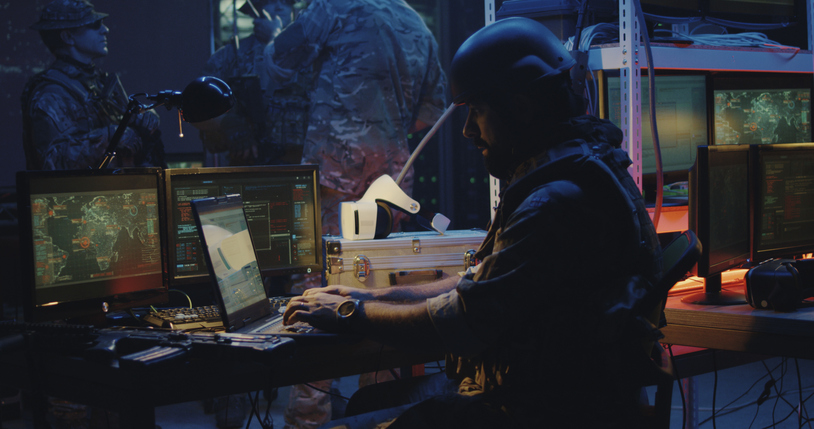Are terrorist groups profiting from the pandemic?


COVID-19 has had a profound impact on the world as we know it, causing hundreds of thousands of deaths worldwide and wreaking havoc on national economies and businesses of all sizes.
However, seeing a chance to profit from chaos, the pandemic has presented terrorists with an opportunity to fund themselves. There are several potential ways terrorists can take advantage of the current situation to meet their own ends.
Nations, corporations and individuals have dug deep over the past few months to raise money for all sorts of COVID-19 related causes. According to Forbes, governments had donated USD8 billion to fight COVID-19, as of early June, the World Health Organisation’s Solidarity Response Fund had raised more than USD215 million, while, here at Standard Chartered, we established a USD50 million COVID-19 Global Charitable Fund to help those impacted by the pandemic.
With people keen to give all they can, there is an opportunity for terrorists to establish fake charitable organisations and pocket donations. Prior to the outbreak of COVID-19, a common tactic was to establish an organisation with a name almost identical to that of a reputable charity to scam the public.
As well as charity-based scams, terrorists could also take advantage of the increased global demand in personal protective equipment (PPE), to sell products that either simply doesn’t exist or as part of a wider phishing activity. In August, an Islamic State hacker was accused of selling fake personal protective equipment online to help fund the terrorist organisation.
Research from insurance, energy and broadband comparison site Compare the Market, suggests that – in the UK alone – some 36 per cent of people believe that they have seen or been targeted by a potential online PPE scam.
However sophisticated the scams might seem, there are often clues, when placed together, to help banks and other financial institutions spot the signs that fraud is being carried out with the purpose of funding terrorism.
In the world of corporate banking this could be…
There are also potential signs of terrorism funding which may turn up in the retail banking space…
We are committed to combatting the funding of terrorism and are always on the lookout for the warning signs. Where we suspect funds are being filtered to terrorists, we work with our own internal investigations’ teams, clients and partners to identify and mitigate the risk.
And we can’t fight the funding of terror alone. Financial institutions across the world must remain vigilant across their markets, verifying the identity of account holders and monitoring transactions for unusual behaviour.
For our clients or customers, and even for those who aren’t, it is important to stay alert and to make sure – before you transfer any money – that you know the identity of the person or organisation it’s going to and you recognise them as legitimate.